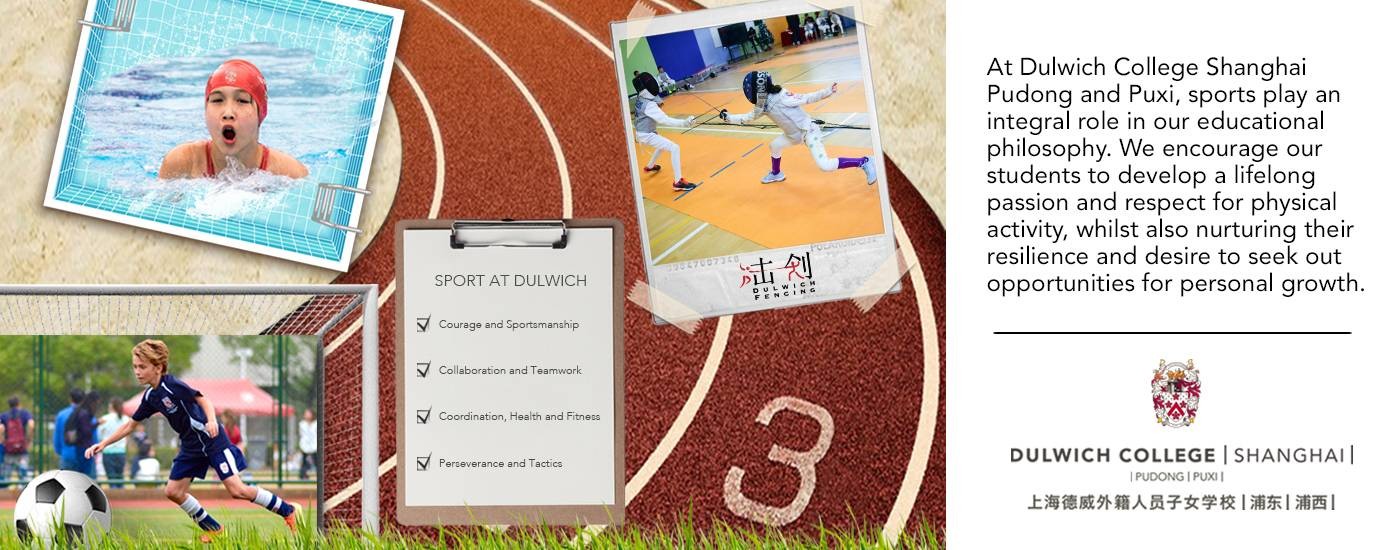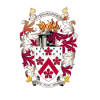Sport at Dulwich

When we talk about physical health in schools, apart from the PE program, is there any other aspect that will fall into this area?
Health has many broad definitions. All too often people associate the traditional health services within schools as the school nurse, school counsellor or the external services who support through difficult situations. At Dulwich Pudong, we are increasingly finding opportunities to change this approach to proactively integrate a variety of health-focused initiatives and services. Health is seen as an integral element of ‘wellbeing’ (simply defined as the state of ‘being well’) and the PE program reinforces the experiences, attitudes and dispositions that enable students to flourish. Our approach to physical health is to create a PE program that emphasizes physical literacy. Physically educating a student at Dulwich Pudong is about challenging the myth that physical literacy just happens, it doesn’t. Our goal is to enable students to find fulfilment through physical literacy. In order to promote a lifelong engagement in physical activity, it is necessary to not only develop individual competence, but also enable students to develop confidence and social/emotional skills through performance.
There are always some students who are not physically active and would like to focus more on academic study, what can their parents and the school do to encourage these students to be more active?
The key to engaging all students in physical activity is to provide a broad, holistic learning program. The PE and sports program provides a rich and varied pathway for all students to develop their passions and interests. For example, students at Dulwich Pudong are exposed to a variety of different individual physical activities and team sports, ranging from fencing to water polo.
What should a well-balanced school physical health program consist of, and how does Dulwich Pudong approach this?
Successful activity programs should be inclusive, differentiated and adaptive and have opportunities for students to succeed at all levels. There should be an adequate level of challenge within a supportive environment where students are knowingly pushed to break out of their comfort zones, and where failure is embraced sensitively. Activities should be designed to harness students’ creativity, and inspire them to challenge the confirmation bias, seeking out new information and collaborative solutions.
Should the recommended period of time and content of physical exercise, activities and recess be adjusted for different age group students?
As children grow and develop, their physical activity often becomes less organic and more organized. In the Early Years, children should be encouraged to find physical challenge through play and these opportunities should be frequent and built into their daily program. Early Years PE lessons develop the skills practiced habitually during play and include activities that cross the midline; bilateral integration skills, core stability, planning and sequencing are examples. They are the building blocks of fine and gross motor skill acquisition.
Considering the multi-cultural student backgrounds in an international school, how do you deal with gender, nationality and sporting preferences?
Dulwich Pudong actively promote broad and balanced programs to consider all 43 nationalities represented at the College. We also seek to deconstruct many myths and stereotypes in sports and physical activity. The number of girls regularly participating in competitive and recreational football is one example.
There is a worry that competitive sport leads to rivalry and reduced enjoyment for some students. Also, parents may worry about ‘competition’ leading to extra pressure. Is this a valid concern?
We achieve a balance between elite sport and winning, and participation and engagement, by offering a broad curriculum and extensive cocurricular activities. Lessons offer students the opportunity to experience a range of competitive and non-competitive activities. Experiences are focused on acquiring soft skills as well as physical competence, and students are taught how to acknowledge these skills in themselves and others. As students develop, learning becomes more sophisticated, with a focus on advancing their emotional intelligence, resilience and empathetic leadership skills. This ‘shift’ from traditional PE delivery enables students to experience ‘success’ physically, socially and emotionally and is the premise of our pedagogy – the ‘hands, head and heart’ approach to learning in PE.
Ms. Rachel Crossland
Head of Primary PE






